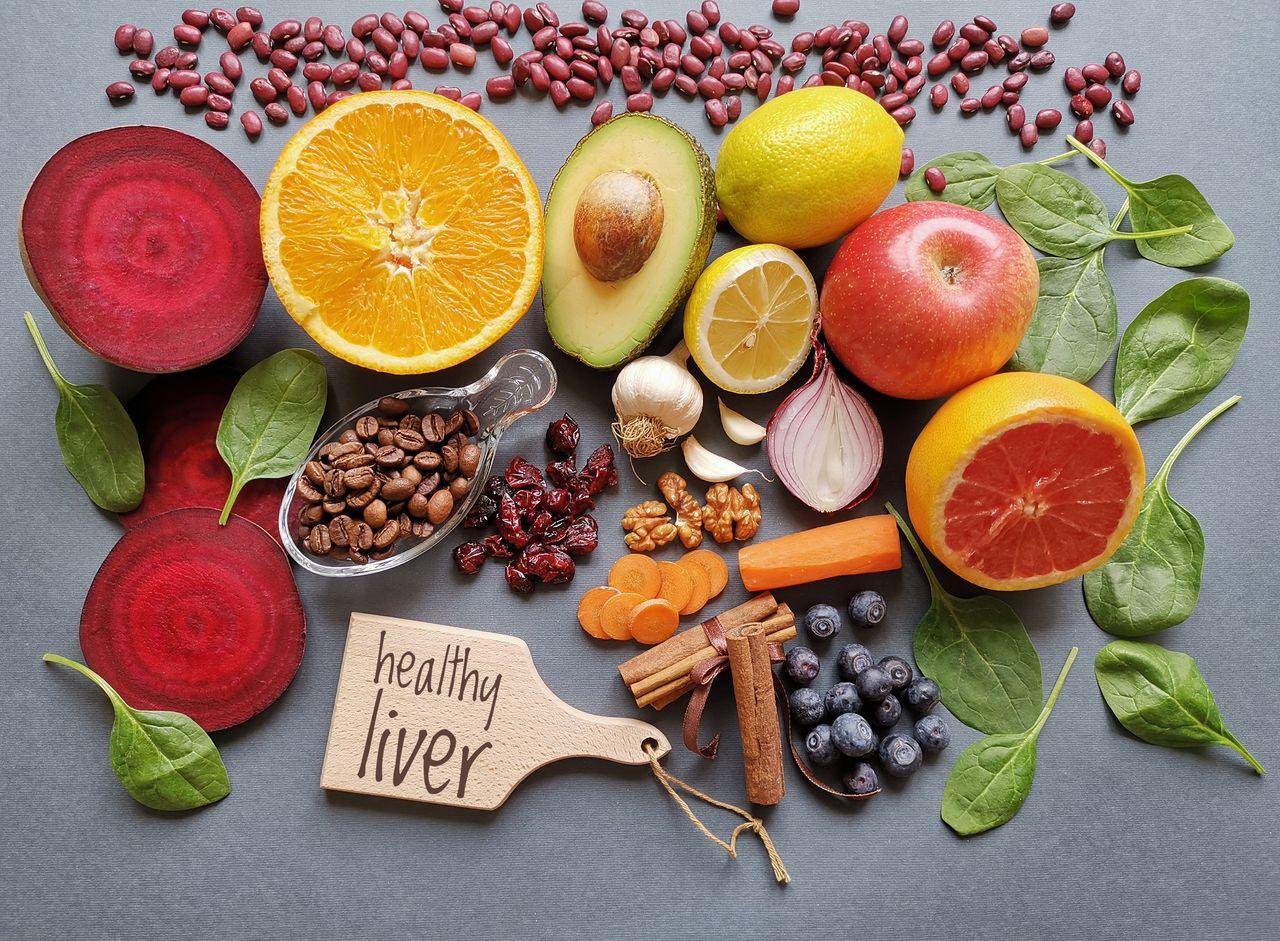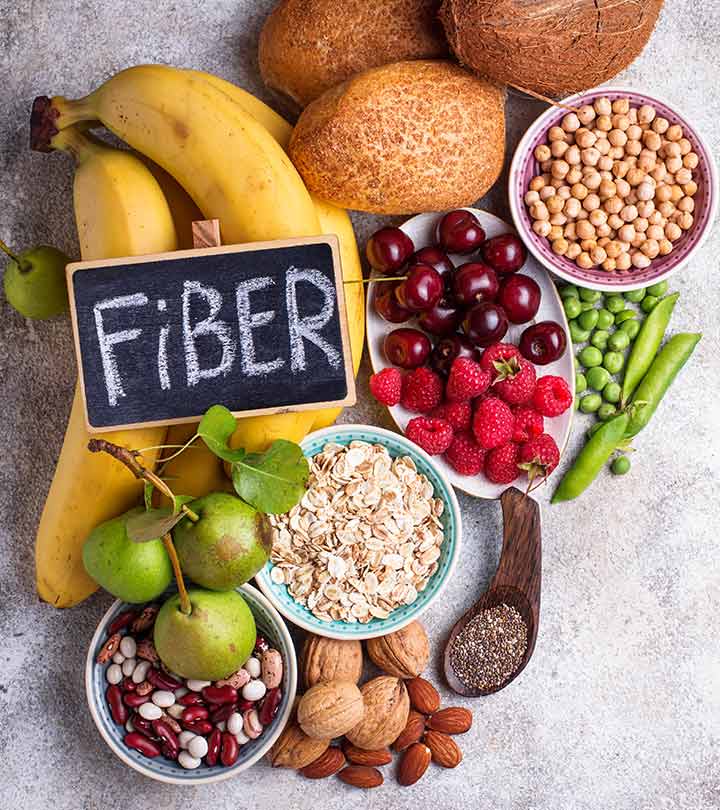Benefits of Raspberry | Raspberry Benefits for Health
Rich in vitamins, antioxidants, and fiber, raspberry are a delicious fruit with many health benefits. They have a high concentration of ellagic acid, a phenolic compound that prevents cancer, thereby stopping the growth of cancer cells and eliminating the progress of cancers.
The oil from raspberries has a sun protection factor. Furthermore, it helps to lose weight and also has anti-aging properties. By improving your immune system, these berries actually look after your overall health. These are easy to include in your diet. Either you include them in some recipes, eat them raw, or add the chilled raspberries to your drinks; all the forms tantalize your taste buds and provide nutrition at the same time.
The taste of these fruits is sweet and has a subtly sharp tinge. Raspberries easily melt in your mouth because of their soft and sweet texture. They come in a range of colors like pink, purple, black, yellow, orange, and white. They have two hybrids, namely loganberries and boysenberries. Most varieties are cultivated in California from June till October.
They contain noteworthy amounts of polyphenolic antioxidants like anthocyanin pigments that are associated with optimal health. These berries also have a high proportion of dietary fiber. They are one of the plant foods with the highest ranking fiber content. Of all contents, the fiber comprises around 20% of the berry’s total weight.
Raspberries are excellent sources of vitamin C, manganese, and dietary fiber. They are also rich in B vitamins, folic acid, copper, and iron. They have the highest concentration of antioxidant strength amongst all fruits. This is due to its high concentration of ellagic acid, anthocyanins, gallic acid, quercetin, cyanidin, catechins, pelargonidin, kaempferol and salicylic acid. However, yellow raspberries and other pale-colored fruits have a much lower percentage of anthocyanins. Thus, raspberries can be considered as one of the best natural treatments for cancers.
Health Benefits of Raspberry
The health benefits of raspberry include their ability to aid in weight loss, improve skin health, and strengthen the immune system. Let’s take a closer look at the most common and useful benefits.
Prevent Macular Degeneration
Three servings of raspberries per day can prove to be a brilliant natural remedy for macular degeneration. Macular degeneration is an age-related medical condition that affects your vision. This leads to a loss of vision in the midpoint of the visual field due to damage to the retina. This can occur in both “dry” and “wet” forms. You can add these berries to your morning cereal or lunchtime yogurt. You can alter the taste and look of any green salad with a handful of these fresh raspberries and an addition of balsamic vinegar. Mix the frozen raspberries with a spoonful of honey and some vanilla soy milk, then freeze this mixture for 20 minutes and spoon it into serving cups. Garnish with mint and enjoy the healthy treat. (Read more: The New Healing Herbs: The Classic Guide to Nature’s Best Medicines by Michael Castleman)
Origin of Raspberries
Raspberries have a long history and their existence dates back to prehistoric times. Wild raspberries are believed to have originated in Asia, but there are also varieties of raspberries that originated in the USA. The raspberry seeds were probably carried by travelers or animals that crossed and migrated to the Bering Strait (south of the Arctic Circle) during ancient times.
In prehistoric times, hunter-gatherers moved across vast distances in order to collect food. While coming back to the villages they threw away some smaller sized raspberries and these later, grew up to be raspberry plants. Thus, these plants started to propagate in new areas.
The first mention of raspberries in literature or historical records was found in an English book based on herbal medicine that was dated in 1548. Raspberries cultivation began widely in Europe and North America during the 19th century when many new hybrid varieties of raspberry like the loganberry and boysenberry started to develop through either a fortuitous way or due to intentional crossbreeding. Currently, the leading major producers of raspberries include Poland, Germany, Yugoslavia, Russia, Chile, and the United States.
Promote Optimal Health
Raspberries, blackberries, and muscadine grapes all have metalloproteinase enzymes. These are essential for the development and renovation of tissues, however, if they are produced in abnormally high amounts, they may act as a catalyst for cancer development. They have high amounts of vitamin C, riboflavin, folate, magnesium, manganese, niacin, potassium, and copper. This makes them a complete fruit to offer overall, healthy prosperity.
Weight loss
This fruit is high in dietary fiber and manganese. Fiber aids in slowing down the digestive process, making you feel fuller longer. The trace mineral manganese keeps your metabolic rate high, and thereby burns fat. If you are looking for a delicious and effective way to lose weight, raspberries can be the best natural option.
Prevent Infections & Cancer
As mentioned earlier, raspberries are an excellent antioxidant-laden food that contains ellagic acid. They efficiently stop undesirable damage to cell membranes by neutralizing free radicals. Ellagic acid is a phytonutrient component of raspberries with key substances like kaempferol, quercetin, and the cyanidin-based molecules called cyanidin-3-rutinoside and cyanidin-3-glucosyl-rutinoside. These flavonoid molecules are again broken into anthocyanins, which give raspberries their rich, red color. The anthocyanins of raspberries are responsible for their unique antioxidant properties and also some antimicrobial ones. This promptly cuts down the overgrowth of certain bacteria and fungi in the body. These growths often lead to different vaginal infections and sometimes even result in irritable bowel syndrome (IBS).
Furthermore, recent studies have suggested that raspberries may have cancer shielding properties. Some research was done with animals and have concluded that raspberries have the potential to obstruct cancer cell proliferation and tumor development in different parts of the body, including the colon.
High Nutrient Value
Other than the outstanding phytonutrient content, raspberries are rich in traditional nutrients, primarily in the antioxidant and B vitamin categories. As mentioned earlier, they are an excellent source of manganese and vitamin C, two important antioxidant nutrients that protect the body’s tissue from oxygen-related damage. Raspberries are also good sources of riboflavin, niacin, folate, magnesium, potassium, and copper. When complemented with a strong B vitamin and mineral content, they are termed as “excellent” sources of dietary fiber. The nutrient content of raspberries makes them a great choice for having a negligible effect on blood sugar level.
Reduce Wrinkles
Raspberries work like magic on wrinkles. They protect the skin from the harmful sun rays. The antioxidant powers of vitamin C effectively reduce the age spots and discoloration. By filling in minor wrinkles, they can help you restore your youthful appearance. They can be made into great facial masks for glowing skin; just mix 1 cup of plain yogurt and 2 cups of fresh raspberries, then blend the mixture until it becomes completely smooth. Apply the mixture to your entire face and keep it on for 15 minutes and wash it off with tepid water.
Promote Feminine Health
They are generally good for all, especially pregnant women, and lactating mothers. (Read more: Smart medicine for a healthier child by Janet Zand, Robert Rountree, Bob Rountree, Rachel Walton) Raspberry leaves can be used as herbal teas for women. The tea can regulate menstrual cycles and decrease excessively heavy menstrual flows. For pregnant women, raspberry tea successfully relieves nausea, prevents hemorrhaging, reduces pain, and helps in childbirth. For lactating mothers, raspberry tea or eating the fruit will help to increase the production of breast milk.







